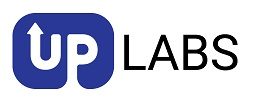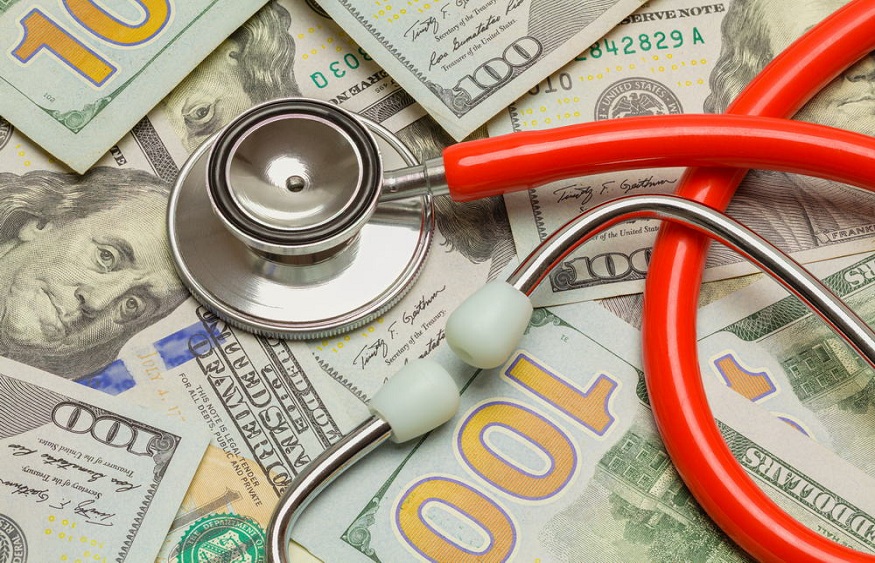In recent months I have been following the 340B Drug Pricing Program controversy quite closely. A number of important court cases will undoubtedly determine the program’s future, alongside at least one Congressional investigation into program abuse in Virginia. Absorbing all the information has me wondering something: what if the 340B program really is a Big Healthcare cash cow as alleged?
I will be honest and say that I am uncomfortable taking sides in the controversy. On the one hand, I understand that giving covered entities – which were originally supposed to be disproportionate share hospitals – access to discounted prescription drugs helps them maintain profitability in low-income communities. On the other hand, numerous studies have revealed abuse among covered entities who use the program to pad their own profits rather than meet the primary mission of expanding healthcare access to those in need.
The Program’s Original Intent
When the 340B Drug Pricing Program was first launched in 1992, its goals were both lofty and noble. Lawmakers wanted to help struggling disproportionate share hospitals turn a profit while simultaneously expanding healthcare access for the poor. The plan was fairly simple on its face.
The 340B statute required pharmaceutical companies that wished to sell drugs to Medicare and Medicaid participants to also offer deep discounts on a long list of prescription medications. Not having to pay retail prices would reduce the expenses of a disproportionate share for a hospital, thereby making it easier to turn a profit. But in exchange, the hospital was supposed to channel the majority of its savings into expanding access among low-income populations.
They could do so by passing on drug savings to patients. They could also use the savings to launch new healthcare programs, build new facilities in targeted areas, and so forth. Here is the problem: there is very little data suggesting covered entities are living up to their obligations.
Padding Big Healthcare Profits
Former Democratic National Committee chair and Vermont Governor Howard Dean recently wrote a scathing piece for RealClear Health, a piece in which he made a very strong case against Big Healthcare and their use, or abuse, of the 340B program. Here is just one select quote from that piece:
“And that’s one reason a program enacted in 1992 to give poor and underserved populations better access to costly prescription drugs has turned into a multibillion-dollar boondoggle for hospital mega-chains.”
That is a strong statement. It is also an important statement coming from a politician who would normally favor programs like 340B. If Howard Dean says 340B is corrupt and needs an overhaul, I need to consider that maybe he’s right.
There Are Good Apples
Regardless of how I might personally feel about government interference in healthcare, I willingly acknowledge that there are good apples in the 340B program. There are covered entities that do things by the book. They follow the rules; they work with organizations like Florida-based Ravin Consultants to maintain 340B compliance; they use their 340B savings to expand healthcare access in poor communities.
Unfortunately, the actions of the bad apples far outweigh the efforts of the good. According to Dean, 340B appears to be a Big Healthcare cash cow that is enriching covered entities to the tune of $54 billion annually.
If the program truly is a Big Healthcare cash cow, it needs to be overhauled or shut down. I feel for those good organizations that would be negatively impacted under either scenario. Still, enriching Big Healthcare through what amounts to a government subsidy isn’t right. It is also a glaring example of what is wrong with America’s healthcare system.



